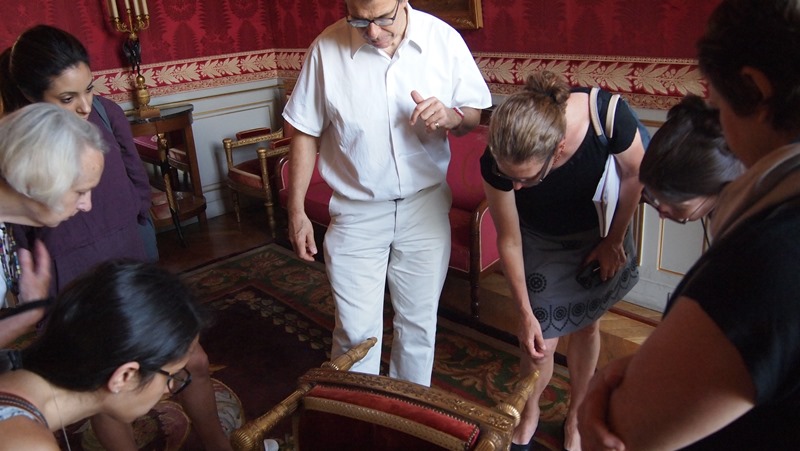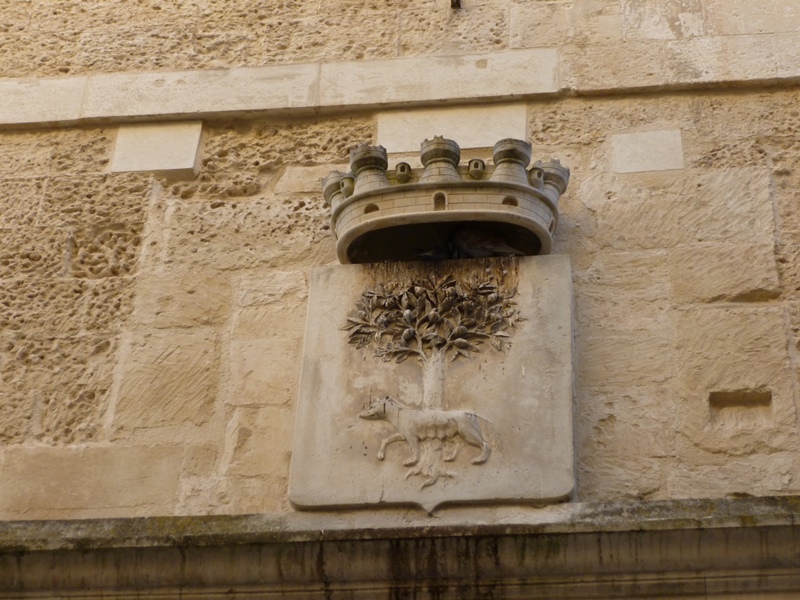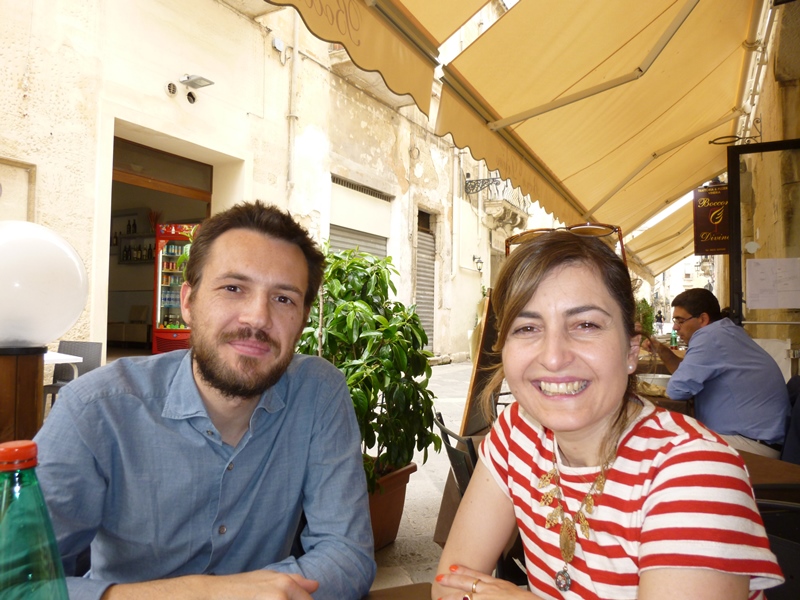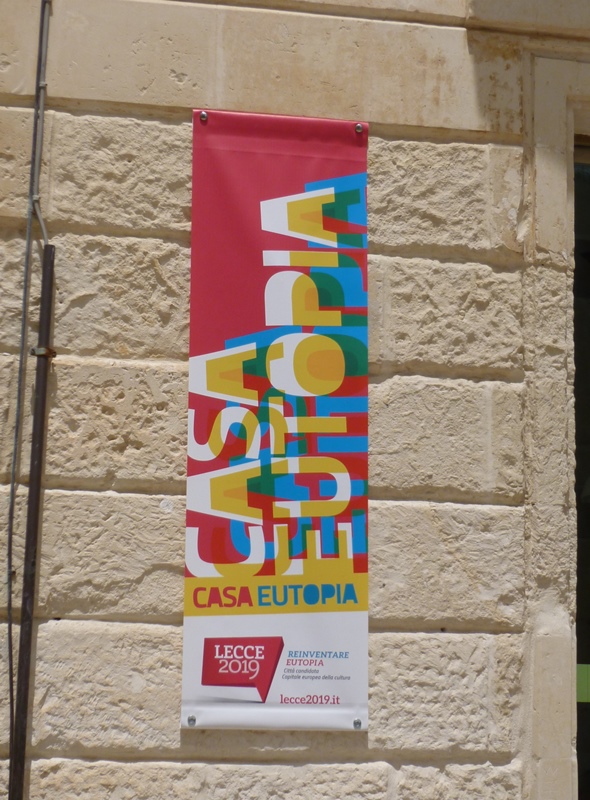Three Faculty Summers Around the World
Posted on September 18, 2014 | posted by:Sarah E. Lawrence
Dean of ADHT Sarah E. Lawrence spent July leading a three-week intensive entitled “The Period Room” at Parsons Paris School of Design. From the period room’s relationship to the Panorama to its nationalistic role in the Worlds’ Fairs to its implicit gesture towards the invisible curator, the course allowed students to examine questions of representation and authenticity, as well as the methodologies behind social history and the history of decorative arts. With access to the period rooms on display at the Musée des Arts Decoratifs, the Musée Nissim de Camondo, the Musée Jacquemart-Andre, and the Musée and Chateau de Rueil Malmaison, students were able to pursue unique case studies that suited their particular areas of interest and curatorial practice.
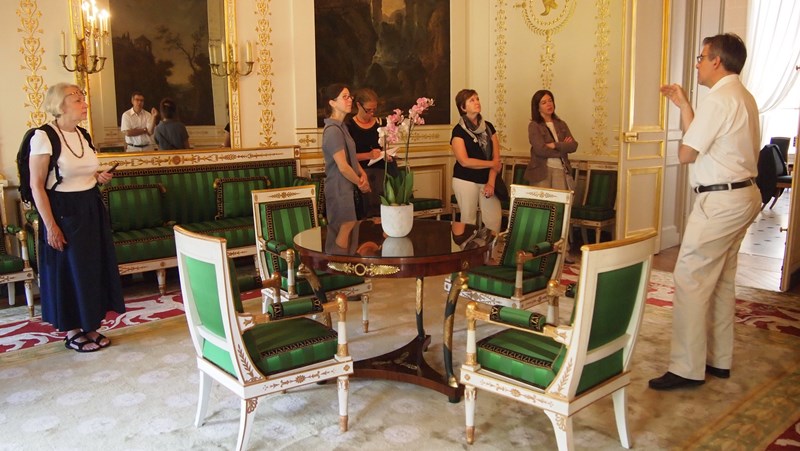
Sarah Lawrence’s students at the Hotel Beauharnais, Rue de Lille, with guest lecturer Dr. Ulrich Leben. Entrusted with the historical preservation of the interior and furnishings, Dr. Leben taught regularly in the MA Program in the History of Decorative Arts and Design from 2001 to 2009, and was appointed to the faculty of the Bard Graduate Center in 2010. He is also Associate Curator at Waddesdon Manor. Image courtesy of S. Lawrence.
Susan Yelavich
In Lecce, Italy, Director of the Design Studies Master’s Program Susan Yelavich debated the opportunities and challenges facing cities designated as European Capitals of Culture (ECOC). Sitting on a panel with Airan Berg, Allessandra Bomarico, and Tommaso Corà, Yelavich raised questions regarding the designation’s social and political effects on a city’s identity: How does a specific location celebrate its differences while sacrificing a part of that otherness for a more generic notion of Europe? In particular, Yelavich’s 2013 experience teaching in Wroclaw, Poland, allowed her greater insight into Wroclaw’s own 2016 ECOC designation. Among various topics, the temporal nature of the ECOC label, narratives of space and displacement, cultural capital, and issues of collective memory were addressed by the panelists.
David Brody
Funded by the Rockefeller Foundation, Associate Professor of Design Studies David Brody spent the summer at The Bellagio Residency Program working on his upcoming book Do Not Disturb: Design, Hotels, and Labor. The project, which examines design’s influence on the daily work-life of housekeepers in American hotels, will be published by TheUniversity of Chicago Press. During the two-week period, Brody worked specifically on the subject of sustainability, while continuing to research the hotel industry’s effect on the safety and health risks faced by the women of color who often hold these housekeeping jobs. The Bellagio Residency provides collegial interaction among the selected scholars, artists and thought leaders, advancing its mission to contribute to the Foundation’s interest in Advance Health, Revalue Ecosystems, Secure Livelihoods, and Transform Cities.



